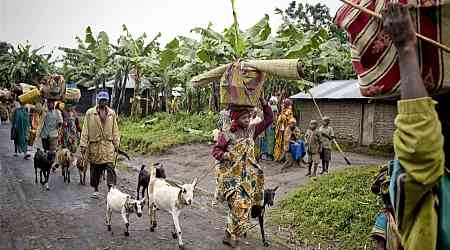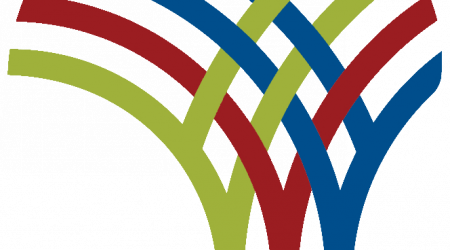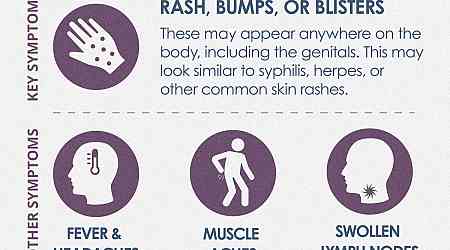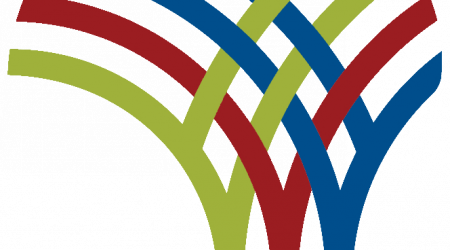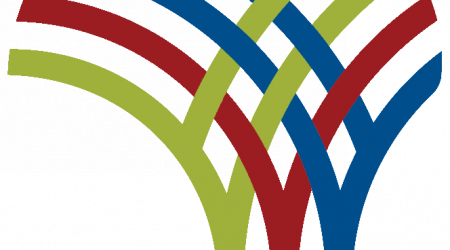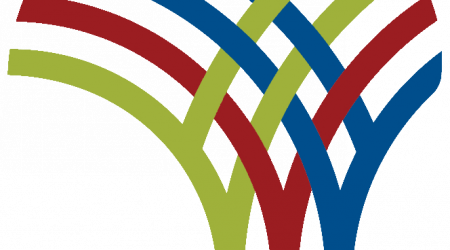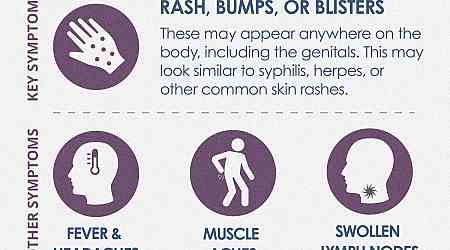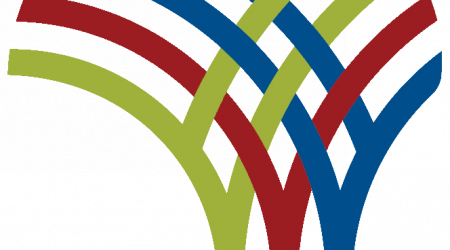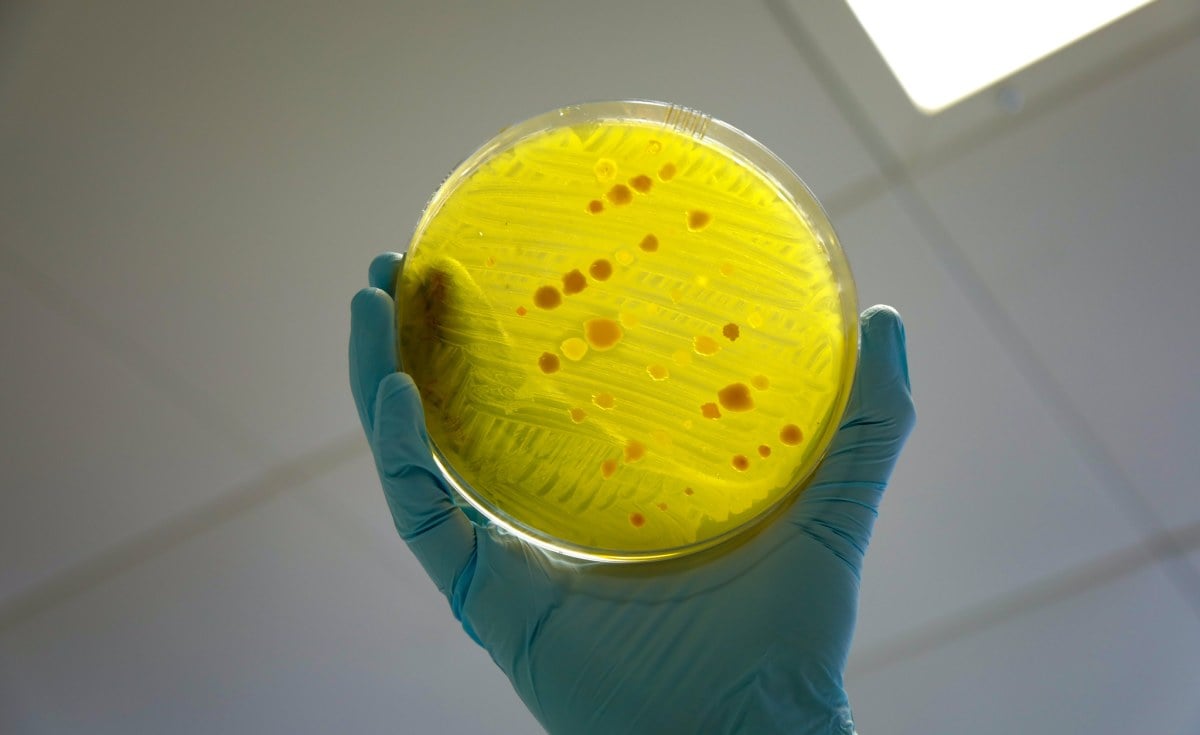Engineering a permanent state of conflict in eastern Congo ensures the continued flow of minerals into the bloodstream of global capitalism. SADC must protect the lives of the people.
I write on behalf of all the women of the Democratic Republic of Congo (DRC). We women who are bearing the brunt of a war we did not start; a war we do not want; a war in which our children's futures are being stolen.
Eight million people displaced. 23 million hungry and at risk of famine. We are witnessing the destruction and dehumanisation of an entire people. The sheer scale of the horror defies logic.
This brutal war is couched as a battle for 'sovereignty' between 'nation states', 'armed groups', 'militias' - but these terms ignore the real lives of the innocents - women, children and the elderly - who are paying the heaviest price.
As Southern African Development Community (SADC) leaders meet this weekend at the 44th Ordinary Summit of heads of state in Harare, I want to remind them that protecting our people is SADC's raison d'etre.
The regional bloc's commitment to 'human security' means SADC must be driven by the need to alleviate human suffering.
Protecting its people is SADC's raison d'etre. Peace is the foundation for future development. The devastation in the DRC has the potential to reverberate not only across the African continent but across the globe.
We know that the war is fuelled in part by a competition for access to the vast mineral wealth of the region. The plundering of minerals by armed groups is fuelled by global demand for the resources found in north-eastern Congo, where the conflict is most concentrated. These minerals are essential to the manufacture of the microprocessors used in our laptops, telephones, aeroplanes, weapons and electric batteries - products the consumer world cannot live without, and which are vital to the global economy.
No country has the right to impose suffering on another to continue with impunity to steal resources. This theft and plunder fuels hatred. Hate speech sows the seeds of genocide, far from the spectre of media attention.
This hate speech fuels the dangerous myth that Congolese Tutsi and Hutu people are at odds, when in reality these are brothers and sisters who have lived alongside each other peacefully for generations.
Putting an end to this war could lead the countries of the region towards civilised cooperation, a future of sustainable development and harmonious cohesion among the region's peoples.
SADC can - and must - take the lead in elevating the conversation from the rhetoric of ethnic nationalism to one of future togetherness.
Curbing this xenophobic and divisive language is the first responsibility of leaders who must show a firm intolerance for hate speech - most especially given the tragic history of this region. We know all too well how devastating unchecked hate can be.
And now in DRC it is the millions of faceless, nameless innocents who suffer. Rape is almost a normalised weapon of war. Not only do women suffer the extreme indignity of rape, sexual violence and exploitation (with no psychological or other support, the bare minimum of medical attention and no access to justice) they have the compounded burden of having to endure the suffering of their children and families.
Close to 9 million people need essential and critical access to healthcare. Women are more likely to give birth on the grounds of a hospital than in a hospital.
Communities are destroyed as people flee, land is left untilled, crops to feed the hungry not grown. Women and girls turn to prostitution to stave off hunger. Even so, famine looms.
Children have no chance of attending school, their dreams are being stolen, along with the very future of the nation.
The more this aggression progresses, the more the number of victims increases; sexual violence increases every day, and children do not study. With that the Congolese people move further away from any hopes of economic development. In turn, other countries will suffer the pressure of displaced people and the risk of destabilising their own economies.
SADC's arrival brought hope to the Congolese, but they must be careful not to stand by and watch this slaughter and suffering. SADC cannot allow that to happen. It is the very essence of the mission - the raison d'être - that is being undermined.
[1]Julienne Lusenge is a Congolese human-rights defender, and social activist. She is the co-founded SOFEPADI, which works to prevent sexual and gender-based violence, to support and empower survivors, and to help them rebuild their lives. She is also on the board of the U.N. Voluntary Fund for Victims of Torture. In 2023, the U.N. recognized Julienne's far-reaching impact with the United Nations Prize in the Field of Human Rights. She is on the Times 100 most influential people of 2024. Other awards include - Lauréate avec mention Honneur du prix Félix Houphouët Boigny-UNESCO - 2023 ; Lauréate du prix Aurora*2021* ; *Lauréate du prix PremiICIP*2021* ; *Lauréate du prix Femmes de Courage*2021* ; *Lauréate du prix international des Droits des Femmes Geneva Summit*2018* ; *Lauréate Prix Ginetta Sagan*2016* ; *Chevalier de la Légion d'honneur/France*2013*
Julienne Lusenge is a Congolese human-rights defender, and social activist. She is the co-founded SOFEPADI, which works to prevent sexual and gender-based violence, to support and empower survivors, and to help them rebuild their lives. She is also on the board of the U.N. Voluntary Fund for Victims of Torture. In 2023, the U.N. recognized Julienne's far-reaching impact with the United Nations Prize in the Field of Human Rights. She is on the Times 100 most influential people of 2024. Other awards include - Lauréate avec mention Honneur du prix Félix Houphouët Boigny-UNESCO - 2023 ; Lauréate du prix Aurora*2021* ; *Lauréate du prix PremiICIP*2021* ; *Lauréate du prix Femmes de Courage*2021* ; *Lauréate du prix international des Droits des Femmes Geneva Summit*2018* ; *Lauréate Prix Ginetta Sagan*2016* ; *Chevalier de la Légion d'honneur/France*2013*





















